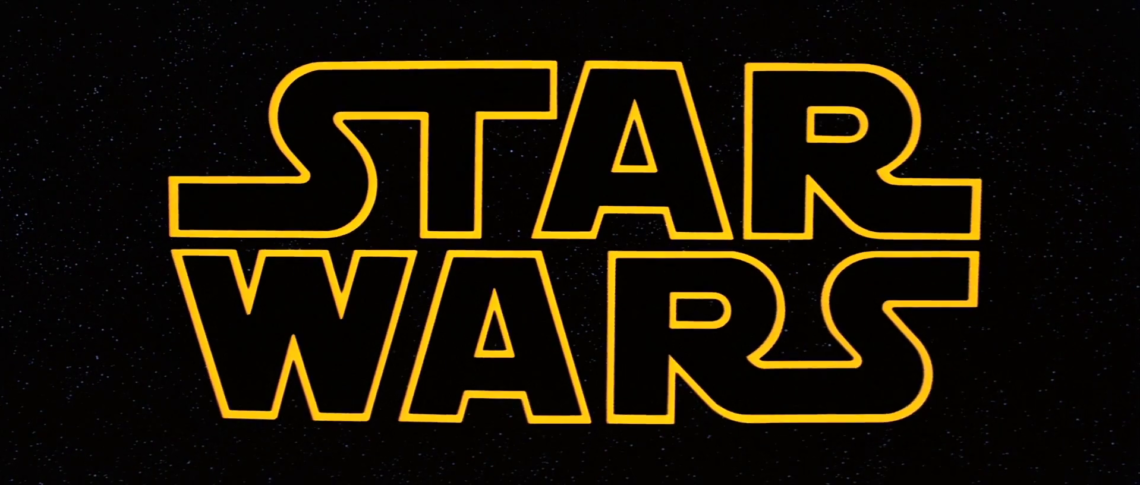
#507 – Star Wars Episode V: The Empire Strikes Back (1980)
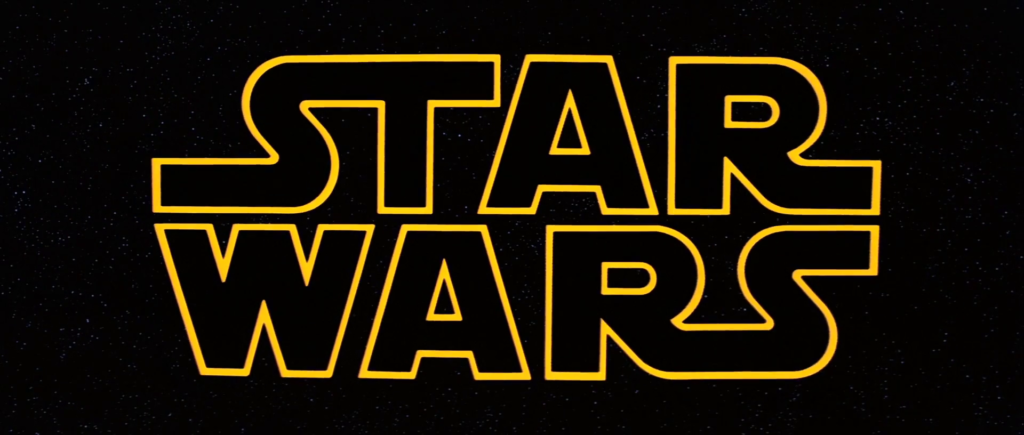
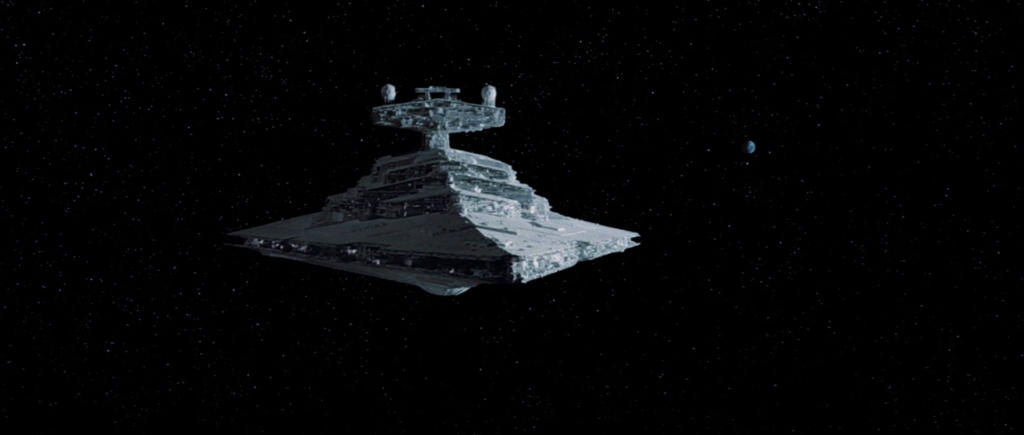
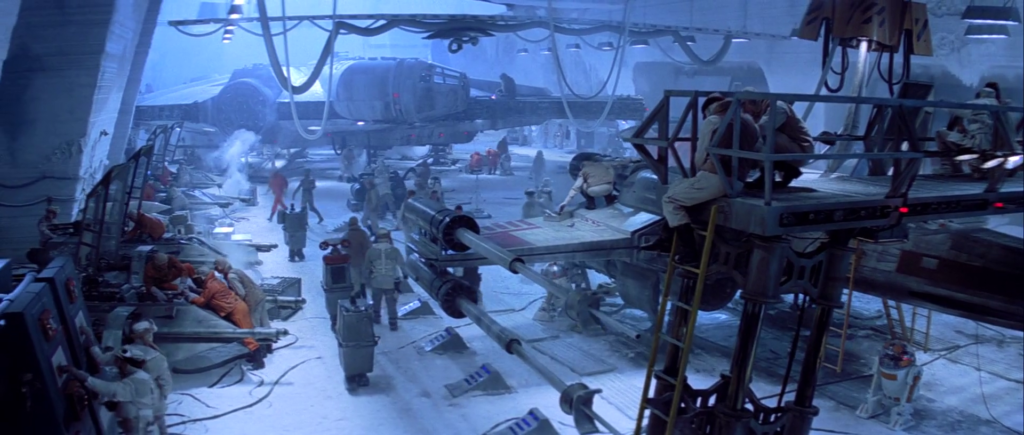

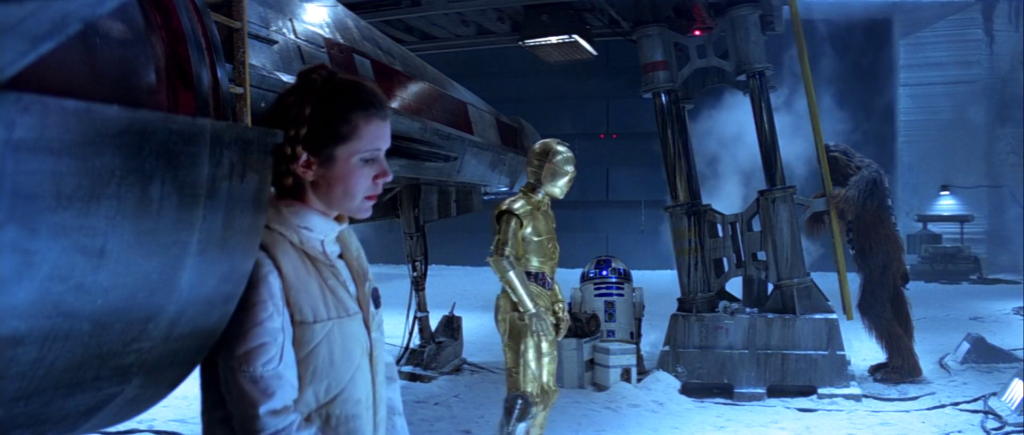
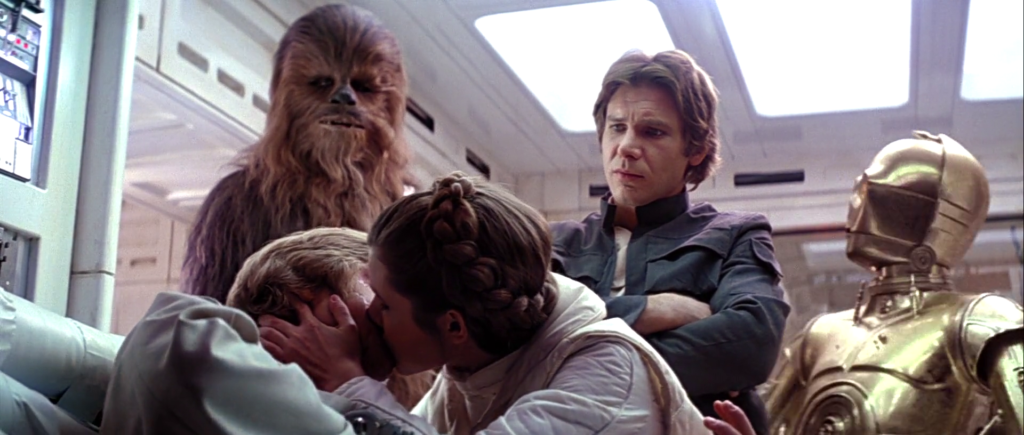
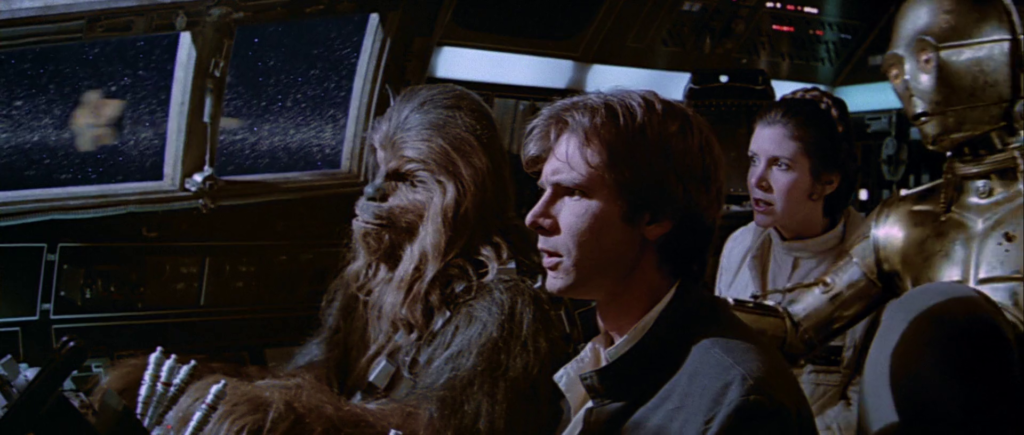
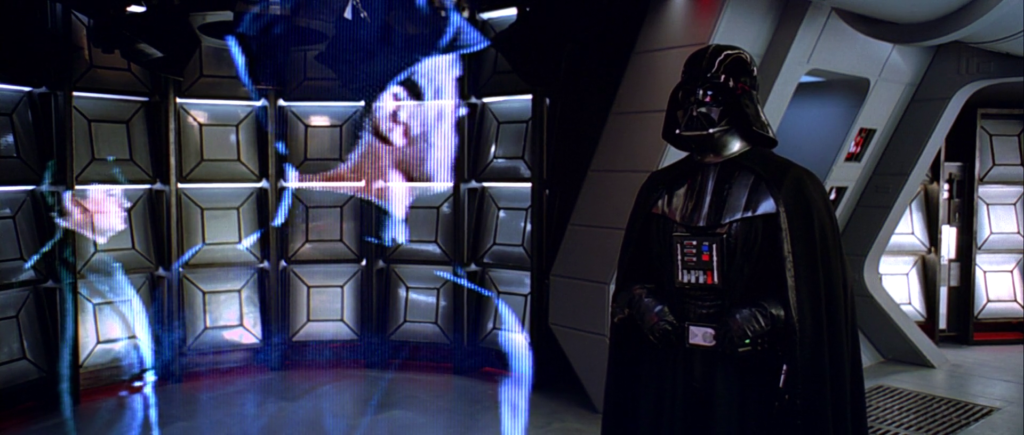
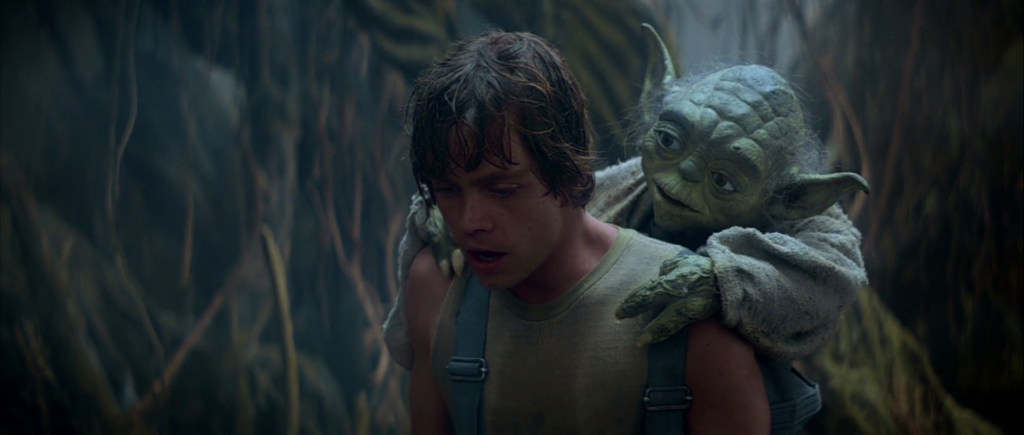

Star Wars Episode V: The Empire Strikes Back (1980)
Film review #507
Director: Irvin Kershner
SYNOPSIS: Three years after the rebel alliance successfully destroyed the galactic empire’s death star battlestation, the empire has been mercilessly hunting down the rebels and chasing them across the galaxy. The empire has chased them to their latest base in the Hoth system, and begin their assault. Luke Skywalker finds he must fulfil his destiny to become a true Jedi, and his friends evade pursuit from the empire as the stakes are elevated for all of the heroes…
THOUGHTS/ANALYSIS: Star Wars Episode V: The Empire Strikes back is a 1980 sci-fi film and the sequel to the original 1977 film Stars Wars Episode IV. Set three years after the events of the previous film, we find the heroes of the first film hiding out on an ice planet with the rest of the rebel alliance, with the Empire in pursuit. Following their success at the end of the previous film, the title of the film quickly comes to fruition, with the evil galactic empire striking back with overwhelming force. It contrasts quite a bit with the ending of Episode IV, which felt very much like a decisive victory, but then again had Darth Vader survive and showed nothing of the fallout from the Rebel’s victory. The idea of there even being a sequel after the first one was very much in doubt, so it’s fair that there would have been a lack of foreplanning in that regard. The Empire Strikes Back immediately raises the stakes in the opening act, and thrusts our heroes back into action, giving them new motivations and resolve. There’s very little breathing room in the film’s script, and nearly every moment is filled with action and energy. From a story standpoint you could probably cut the Hoth battle down fairly easily, but it’s more of a spectacle than a story impetus, and opening the film with a big action sequence will quickly satisfy those looking for an entertaining film rather than hard science-fiction. Another vast improvement in the story is how the story isn’t stringed together by a series of huge conveniences of characters being in the right place at the right time. There’s a bit of that (Such as Luke happening to crash land at the exact part of a whole planet where Yoda is), but otherwise it’s not much of an issue here.
When Empire Strikes Back was released, it received very mixed reviews: the change in tone from a more simplistic good vs evil story to a more complex world-building and darker tone might have alienated those who were simply looking for more of the same. However, that opinion has shifted quite significantly over the years, becoming a model for how sequels should be made. The film ups the stakes, builds the world, and shifts the tone to provide a new experience. The changes won’t be for everyone, but some amount of change is necessary to keep things fresh and justify actually making a sequel. Furthermore, this film has become regarded as one of the best in the series for these reasons, and it’s accomplishment in turning a fairly simple story into a franchise. The darker tone might be seen as symbolic that the series has “grown up” in some way, and that certainly seems to be what The Empire Strikes Back has been going for.
One thing that I noticed right away with regards to the characters is that even though three years have supposedly passed between this film and the last, the main characters don’t really seem to have changed in those three years. Their relationships all seem to be at a standstill waiting for this film to start. For example, the Luke-Leia-Han love triangle still seems to be a thing, which is something that seems an odd thing to string along for three years. Also that Han has still not paid Jabba the Hutt the money he is owed, despite it being stressed that it was a bit of an urgent matter previously. Apart from that, we get to see more of the character’s backstories and development, where they really start to emerge from their typical roles. Mark Hamil definitely delivers a much better performance than in A New Hope, and it’s clear to see he has been working on his skills. The new characters Yoda and Lando add in some more complexities, and Yoda is played very straight, contrasting with his appearance and clownish antics when he first appears. Obviously the big revelation that (spoilers) Vader is Luke’s Father is the biggest twist in the film, it’s definitely just a sting at the end of the film that sets the stage for the ending, with the heroes on the back-foot and out of options, ready for a redemption in the sequel. We still know very little about Luke’s Father with regards to what he did or who he was, so it doesn’t really change what we know in terms of the story, but yes it is definitely a high drama moment.
The film keeps the very distinct aesthetic divisions between the Empire and the rebels, with the sleek, clean Empire ships contrasting with the more dishevelled, cobbled together Rebel devices. The sets have plenty of detail and complexity to build its world. It gives sci-fi fans plenty of spaceships, lasers, and the like, while still having a sensible story to follow. As I’ve mentioned before, I’m not a Star Wars fan, and there’s probably no film that is going to make me change my mind. The flaws I see in this film stick out because of this, but I can also see how this film works as a successful sequel: it expands the world, deepens the characters, and raises the stakes to give you more of what you like (if you already like it).

